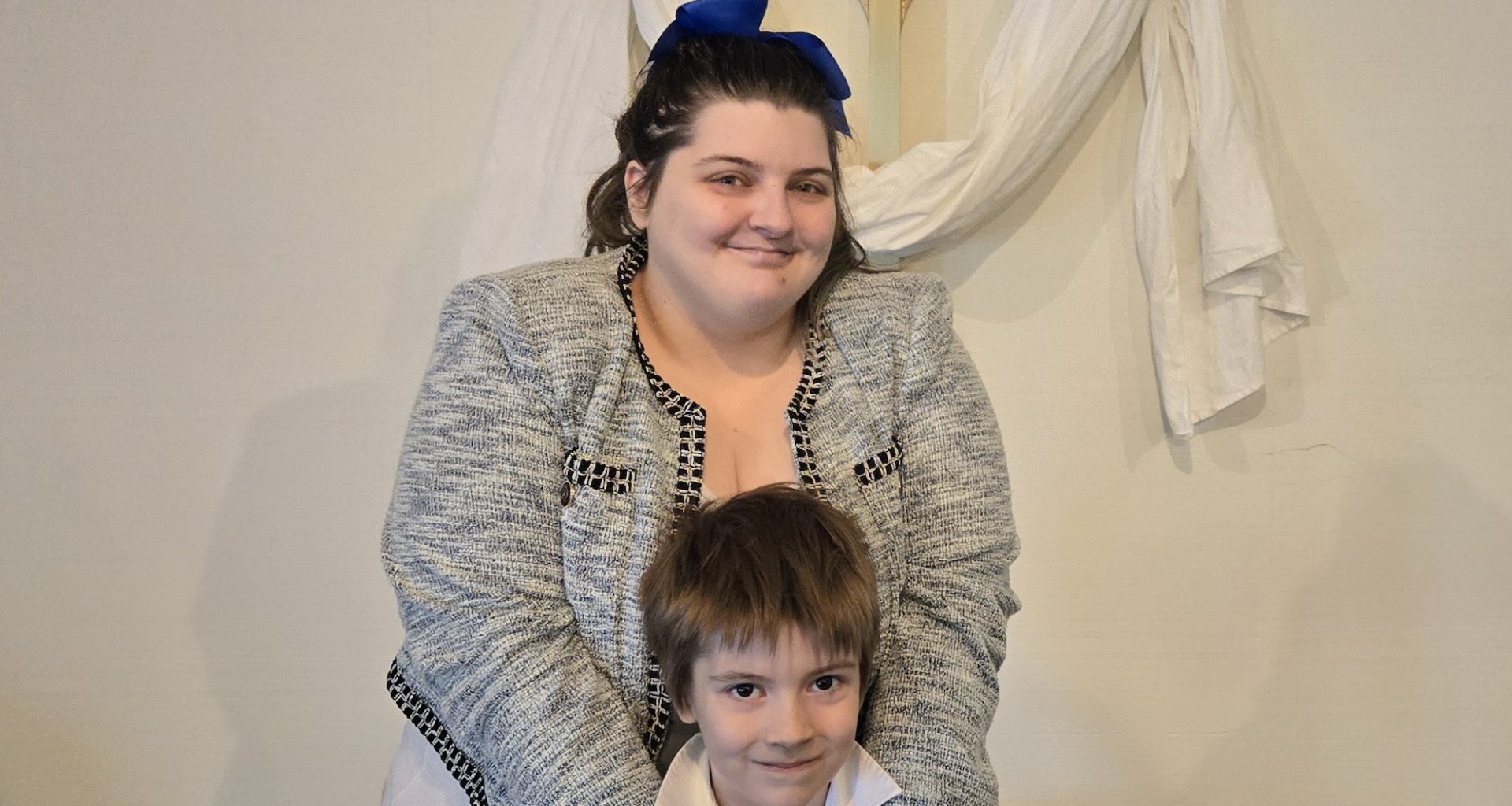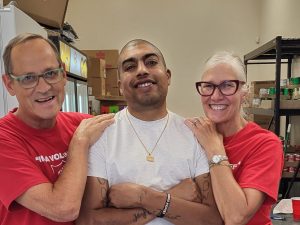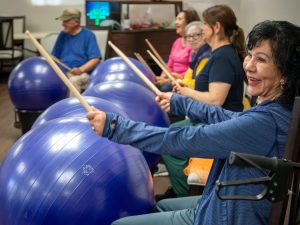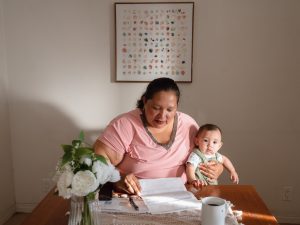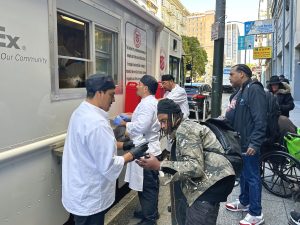Chelsea Pierceall and her son, Zander, found community, support and resources through The Salvation Army Pathway of Hope in Everett, Washington.
Chelsea Pierceall relocated to Everett, Washington, from Michigan in 2023 with her 6-year-old son, Zander, for a fresh start focused on their education and well-being.
Plans to stay with a family member didn’t work out and the pair turned to a shelter. A week later, the shelter requested the mother and son leave, acknowledging their inability to accommodate Zander’s autism spectrum disorder (ASD).
Facing rejections from several shelters and fearing homelessness, Pierceall contacted The Salvation Army Pathway of Hope initiative in Everett, and started the same day.
Pathway of Hope provides personalized case management, connecting families to tailored resources and support services, including housing and financial assistance. Pierceall said the program’s acceptance of her family’s needs was a new experience.
“Being a single mom of a child with autism made it more challenging to find a shelter,” she said. “It felt like a miracle when they said they would not turn us away.”
Without fearing homelessness, Pierceall said she could pursue other priorities, such as finding a school and therapy for Zander and pursuing her bachelor’s degree in event planning.
“There are more resources here in Washington for a child with autism than in our hometown,” Pierceall said. “I came here so he could have a better life, health care and education.”
More than 13 percent of the U.S. population lives with some form of disability, according to the Pew Research Center.
Research from the National Association of County and City Health Officials (NACCHO) finds that individuals with disabilities are at a heightened risk of homelessness. And point-in-time counts from 2023 suggest nearly a quarter of those experiencing homelessness in the U.S. have a disability, encompassing physical, intellectual and developmental disabilities, as well as mental health or substance abuse disorders.
Shandell Orr, Pierceall’s Pathway of Hope case manager, said she often sees families with children with disabilities have difficulty accessing housing and social services.
“In the past year, we’ve seen an increase in families with children with autism seeking assistance,” Orr said. “When they come here, they’re able to have stability and routine, and in this case, we saw it led to improvement in Chelsea and Zander.”
Orr said she worked to build trust with the family, including de-escalation training to help manage behavioral challenges and providing emotional support to Pierceall.
“Being accepted regardless of his needs and not turned away has shown that we matter.”
Chelsea Pierceall
The consistent care led to positive changes in Zander and, Pierceall said, in her mental health.
“I just keep reminding myself that we are surrounded by people who believe in us,” she said. “I know we are right where we belong because of the support we’re receiving.”
Salvation Army Everett Corps Officer Captain Christin Fankhauser, who has experience as a special education teacher, said shelters often lack the knowledge, structure and time to work with those with disabilities.
“We can adapt and invite them into our program and corps,” Fankhauser said. “We’ve let Chelsea know we’re here to help.”
Fankhauser said she has noticed growth in the family since they started attending Sunday worship services.
“We’ve seen corps members rally around them and lift them,” Fankhauser said. “Chelsea refers to corps members as family. I’ve seen her become happier and less anxious.”
After seeing Pierceall and Zander connect with another parent and young child, the team programmed additional time on Sundays for the kids to play while the parents socialize.
“He loves it here and looks forward to seeing everyone,” Pierceall said of her son.
Corps members are also arranging a museum trip for the kids and a self-care day for Pierceall, who said the personalized case management and newfound support system has inspired her to give back to The Salvation Army however she can.
“We’re just so grateful,” Pierceall said. “Being accepted regardless of his needs and not turned away has shown us that we matter.”
Do Good:
- See how The Salvation Army fights homelessness.
- Listen to Major Nancy Helms, Director of Disabilities and Ministries, share how to love beyond disability on episode 126 of The Do Gooders Podcast.









